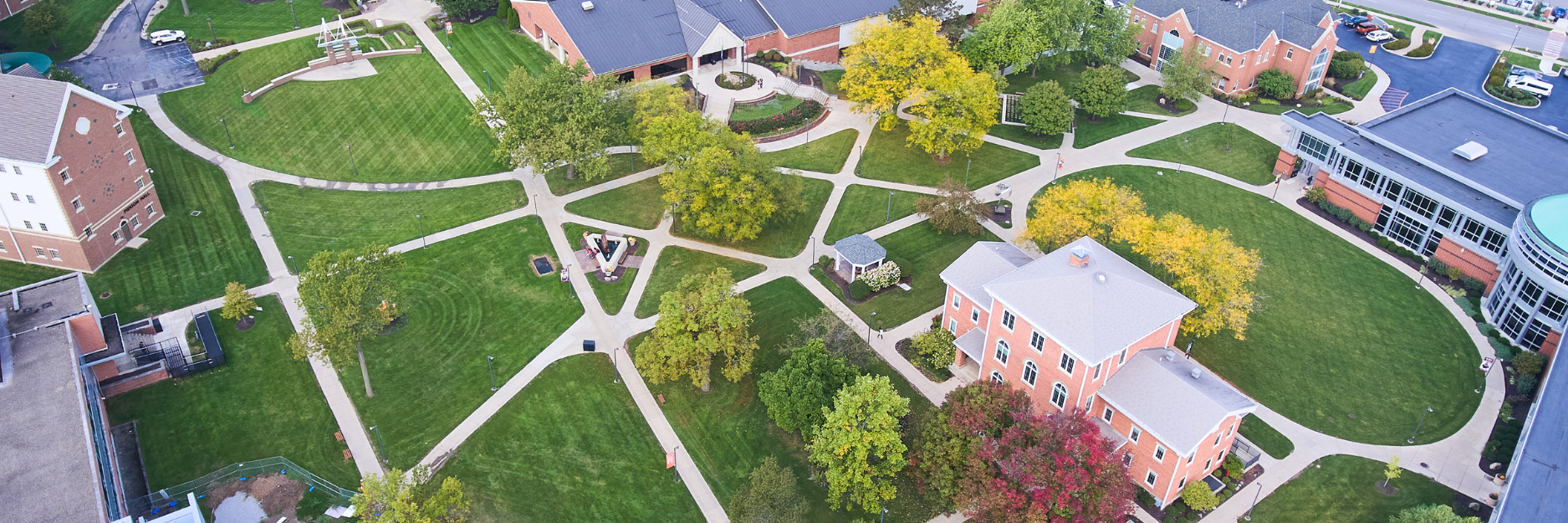Building Smart - What to Know Before Launching a New Academic Unit

Launching a new degree-granting academic units can help higher education institutions diversify revenue, meet emerging market needs, and attract new student populations. However, without a comprehensive feasibility study, these initiatives can pose significant financial, accreditation, and reputational risks.
A feasibility study is a structured process that helps universities determine whether a proposed academic unit—such as a law school, medical college, or new other new School or College—is viable, sustainable, and aligned with long-term institutional goals.
Feasibility studies should be undertaken between three and five years before an institution expects to begin recruiting its first incoming cohort, dependent on the level of new facilities it expects to need to construct. Institutions can start building their feasibility studies with the end in mind by identifying the elements that its accreditor will require in a preliminary accreditation request and use that as an outline for its assessment of the viability of a new academic unit. This approach will ensure that the key elements of the feasibility study are included in the first draft and will reduce rework during the formal accreditation process.
Key elements of a Feasibility Study include:
- Financial Forecasting: Helps institutions understand start-up and long-term operational costs.
- Enrollment Modeling: Projects student demand and forecasts realistic enrollment numbers.
- Accreditation Planning: Ensures regulatory compliance and institutional credibility.
- Facilities & Infrastructure: Evaluates space, technology, and maintenance needs.
Without a data-driven approach to these factors, institutions risk underestimating costs, overestimating student interest, or missing critical accreditation deadlines. Any of these missteps can lead to lost revenue, reputational damage, and institutional setbacks.
Kennedy & Company has developed some best practices for conducting feasibility studies for new academic units, such as:
Begin Early: Start the study well in advance of launch plans.
Use Comparative Benchmarks: Analyze similar programs for realistic assumptions.
Collaborate Broadly: Include finance, facilities, academic leadership, and external advisors.

.png)